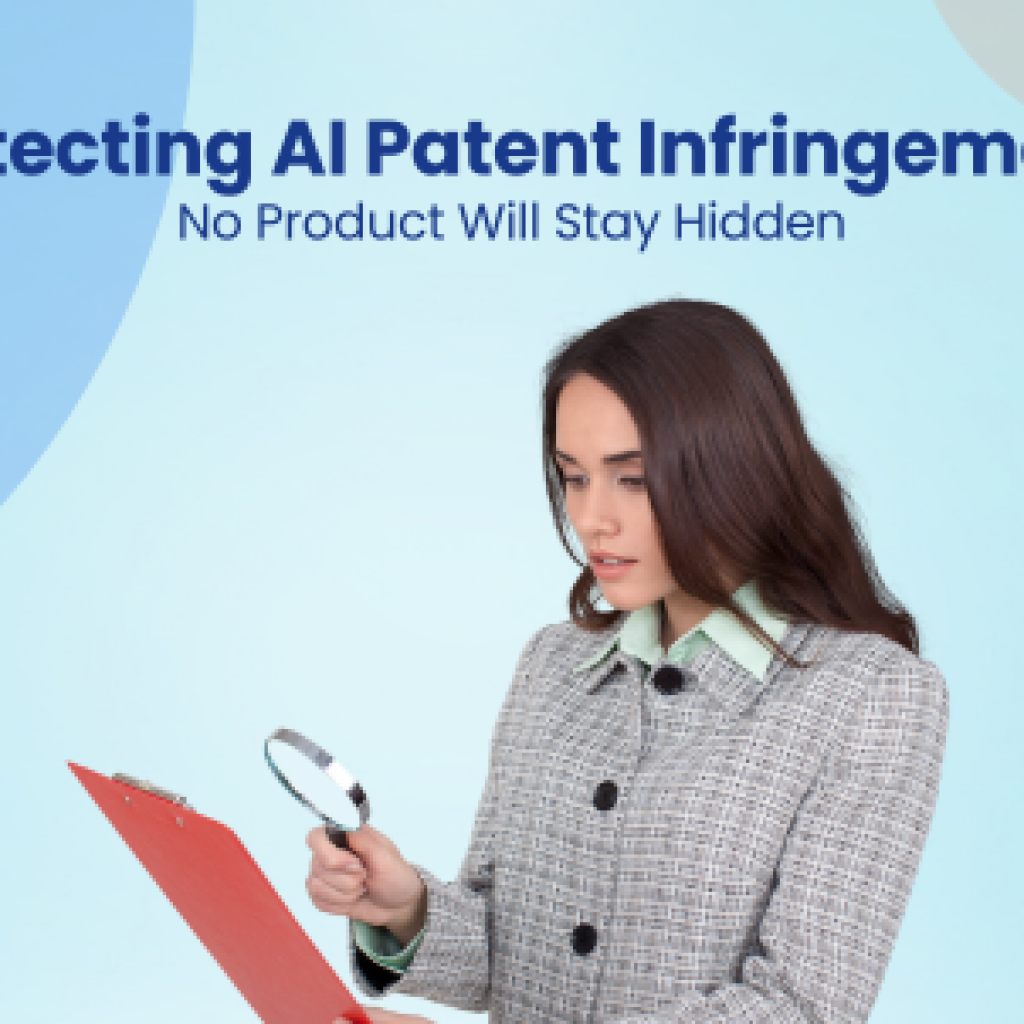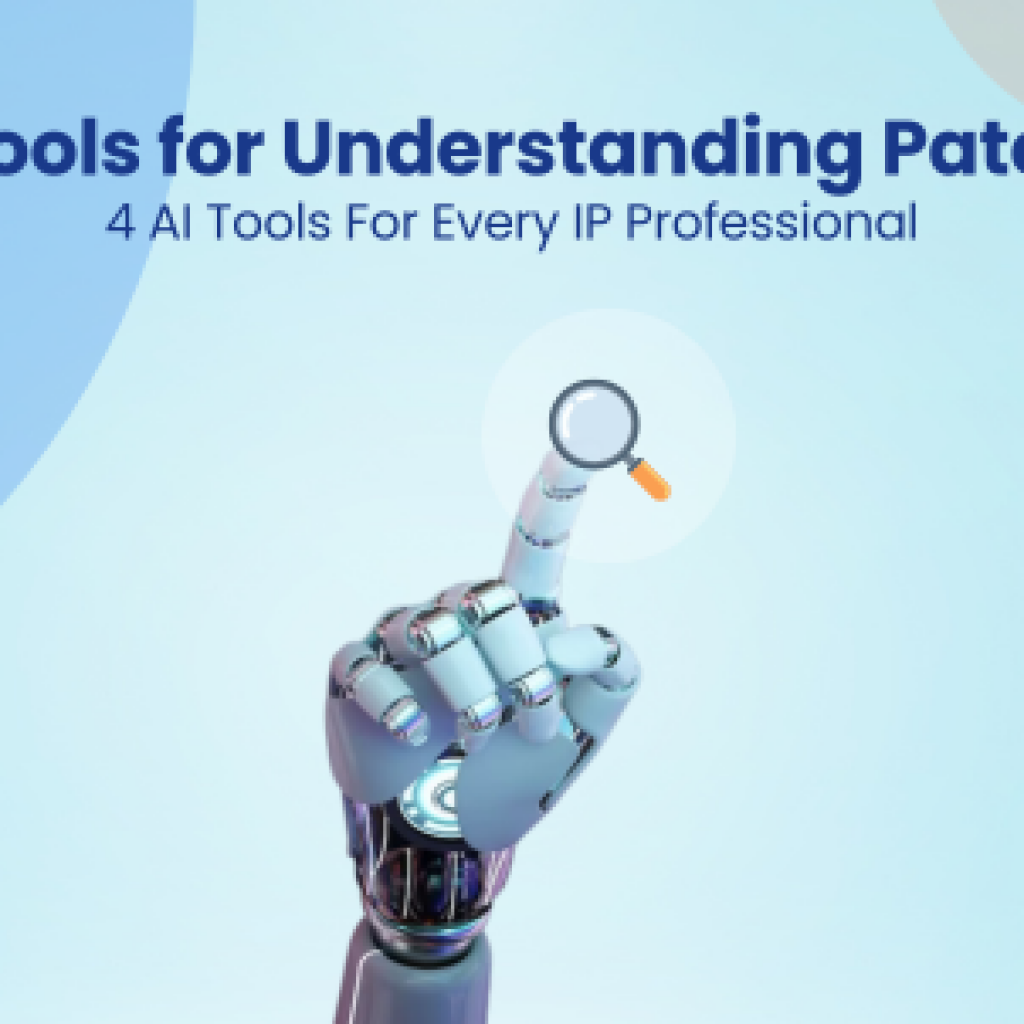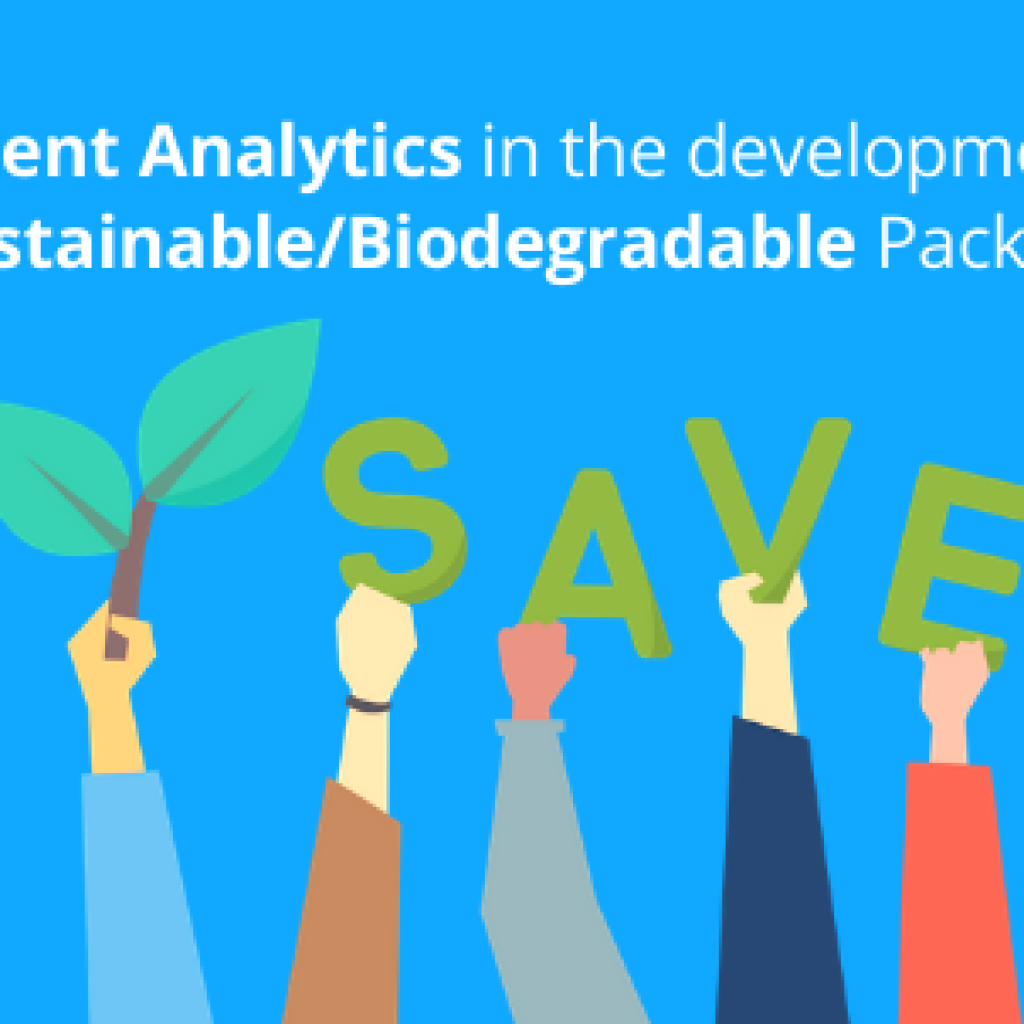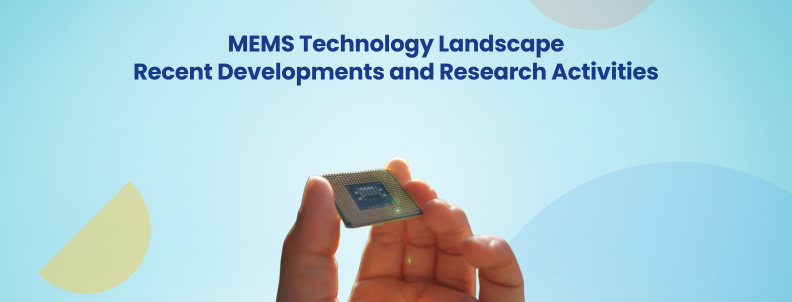Skin disorders in pets may not have a singular root cause, making treatment challenging. Present-day diagnostics aren’t advanced enough to detect diseases in animals with mixed genomes. As a result, livestock diseases aren’t always detected early enough to save the animal.
New sensor-based solutions are solving these problems using artificial intelligence. Advanced health tracking systems can detect livestock diseases in real time, helping caretakers take quick remedial measures to minimize losses. Similarly, AI tools can analyze a mixed-genome animal’s genetic ancestry to predict and diagnose disorders based on historical data. Sensor-enabled AI systems are helping livestock caretakers monitor and detect animal disease outbreaks in real time.
AI also enables customized treatment plans based on these diagnostic data and facilitates the growth of remote care, improving animals’ overall well-being.
This study discusses AI animal healthcare diagnostics solutions in 2024. The comprehensive Animal Healthcare Innovation report also discusses other animal healthcare trends, with insights into advanced at-home diagnostics, antibody-based treatments, and new health-boosting animal feed formulations.
Please fill out the form below to download that report.
Mars Inc. developed an AI model that predicts the genetic ancestry of animals.
Current animal genetic mapping methods struggle to assess admixed genome samples accurately, making determining sample origins difficult. Therefore, vets need a system that can accurately and efficiently predict the ancestry of these animals to understand genetic risk factors for diseases effectively.
To solve this problem, Mars INC. has developed a model that can efficiently predict the genetic ancestry of an animal. This invention involves analyzing genetic material from an animal and generating phased haplotypes using machine learning and determining source populations and genetic traits.
This system achieved an approximately 47.5% decrease in detection error for single-origin samples and an impressive 99.5% decrease for highly mixed samples. It continuously updates its machine learning algorithms for enhanced accuracy.
ELSYS INFO developed a livestock monitoring technology for disease detection and prediction.
In many countries, livestock suffer from foot-and-mouth disease, which can harm the animals if detected late. Therefore, early and real-time monitoring is important to prevent and predict disease symptoms in livestock.
ELSYS INFO CO LTD has developed a real-time disease forecasting technology system to ensure the health and well-being of livestock.
The system is equipped with cameras and sensors to capture real-time footage of livestock and gather environmental information such as temperature, humidity, and gas concentrations. This data is sent to a central server for analysis. The server analyzes using image recognition and deep learning models to detect abnormal behavior and predict disease outbreaks, such as foot-and-mouth disease, avian influenza, and others.
Mars Inc. created an AI-based skin disease diagnosis program.
Skin disorders in pets and companion animals may not be solely localized issues but could indicate underlying systemic or internal health problems. Limited access to medical history, coat thickness and color variations, and overlapping clinical signs among different skin conditions make accurate diagnosis difficult.
Mars INC. has developed a computer program that determines the cutaneous lesion score of a companion animal suspected of having atopic dermatitis. The method uses a pre-trained assessment module to identify features associated with atopic dermatitis in companion animals.
The trained assessment module is then applied to this data, generating a cutaneous lesion score. The final score is then presented through a user interface for interpretation. It indicates the presence and severity of at least one cutaneous state, like atopic dermatitis, in the companion animal.
Alphado made a disease inference system for companion animal healthcare.
Pet owners cannot always infer whether the animal is suffering from diseases or facing physical difficulties. The problem arises from the fact that companion animals are difficult to control compared to humans, and there are no systems specifically designed for predicting diseases in companion animals.

To solve this issue, Alphado.Co has developed a companion animal disease inference module. It includes several components and models for specific diseases, such as eye, dental, and ear diseases. The system comprises image processing and machine learning techniques to analyze images of companion animals and infer potential diseases.
For example, the model detects eye diseases in companion animals. It identifies visible symptoms by matching data with the predefined images integrated into the AI module. The same type of model works for detecting different diseases of the ear, skin, and teeth.
Each disease inference model includes feature nodes for deriving specific disease characteristics. For example, the eye disease model may have feature nodes for conjunctival swelling degree, eyelid inflammation degree, etc.
Conclusion
Artificial intelligence in animal health market size is expected to reach USD 3.76 billion by 2030. From temperature sensors that monitor heat stress in dairy cows to wearable devices that track movement patterns in poultry, AI enables precise tracking and analysis for better health management.
Furthermore, these solutions help optimize resource utilization, reduce waste, and minimize the carbon footprint of large-scale farming operations.
GreyB’s experts can provide comprehensive insights on a specific trend or details on this industry’s innovation map. Request a detailed study today.

Read more: Top 5 Animal Healthcare Trends in 2024
Authored by: Suborna Chatterjee
Edited by: Hemanth Shenoy, Market Research









